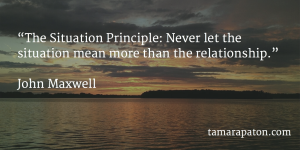

In this lively election year, an interesting story about Hillary Clinton’s likability is circulating online. Specifically, it explores why those who know Ms. Clinton like her while others dislike her from a distance. Political columnist Ezra Klein floats a few possible explanations before landing one that sticks: Hillary listens.
“I love Bill Clinton,” says Tom Harkin, who served as senator from Iowa from 1985 to 2015. “But every time you talk to Bill, you’re just trying to get a word in edgewise. With Hillary, you’re in a meeting with her, and she really listens to you.”
According to Klein, listening is Hillary Clinton’s intentional strategy and Achilles heel all at once. Although many colleagues love her, “modern presidential campaigns are built to reward people who are really, really good at talking.” Regardless of your politics, it’s hard to deny the role that effective communication plays in election campaigns. And that candidates’ communication is typically one sided.
The story made me reflect on other environments that fail to give good listeners their due. The resounding response to my previous call for more introverts in boardrooms suggests that the director community is stacked with talkers. And we appear to be short on those who listen deeply before speaking.
Despite lacking a rigorous assessment, I’m willing to bet that we can do better. Let’s set aside how we can improve for another time. For now, let’s consider the reasons why we should make the effort.
Listening as the basis of great questions
When I prepare for a board meeting, I pore over the pre-read materials and then draft questions for management. The resulting inquiry is rarely insightful, however, on its own. Management typically addresses the big issues long before I have the chance to highlight them.
Instead, directors’ best questions arise spontaneously, as we build on one another in a meeting. This is only possible if we listen carefully to fellow directors and to management’s responses. And that means more than paying attention to the words spoken. Skilled directors take it further by considering the speakers’ biases and the second-order implications. I’ve stopped feeling surprised by my most effective colleagues’ ability to think two steps ahead, because they are always picking up the detail that slingshots them there.
Listening as a relationship builder
Clinton uses listening as a way to flatter and win allies. “If you are going to suck up to people who write memos, reading their memos is the best way to do it,” said one official who has worked with her. A State Department staffer recalls her habit of making people’s year by referencing an obscure report they had written. We, as directors, may not be Secretary of State, but we can elevate great work and strengthen ties to key managers.
The same is true with our fellow directors. During a board meeting debrief, I once mentioned how a director’s perspective on a thorny issue had changed my previously made-up mind. In doing so, I inadvertently created a loyal ally and came across as a supportive peer. On another board, I listen carefully to ensure that a frequently overlooked colleague gets credit for her ideas. When another director repeats the point my colleague just made, I amplify the message with reference back to its original source. Sometimes having someone’s back means listening with their perspective in mind.
Managers can also use active listening to build relationships with their board. When I appeared in front of a board for the first time, the CEO put me on the spot for a comment about the business’ outlook. I took the opportunity to synthesize the questions posed by directors and demonstrated how the board had advanced my thinking. If CEOs want to grow closer to their boards, articulating the board’s impact on an issue is an easy win.
When I speak in my next board meeting, I’m going to challenge myself to make my words count for more. I’ll seek opportunities to draw out a quieter colleague or pause the discussion to dive into a glossed-over nuance. My questions will develop on the fly, based on the emerging line of inquiry.
And I’ll remind myself that we were born with two ears, one mouth and the responsibility to use them accordingly.
Question: What motivates you to listen well in board meetings and beyond? How have you seen listening benefit your organization or board career?
Please share your response via Twitter, LinkedIn or e-mail.
If you liked this post, you might also enjoy some of my other writing:
How to Develop Your Winning Board Communication Style
How to Thrive on Boards: Leverage Information
Introverted Leaders: Why Quiet is Magic in the Boardroom
Thank you for reading! If you found this post useful, please click the “like” button on LinkedIn and/or share it with others in your network. Doing so helps my work reach others and would mean so much to me.










